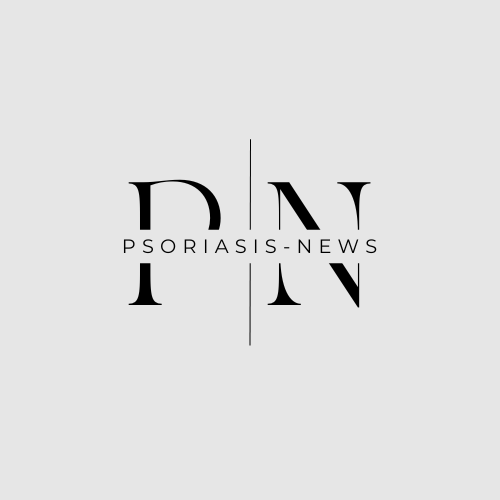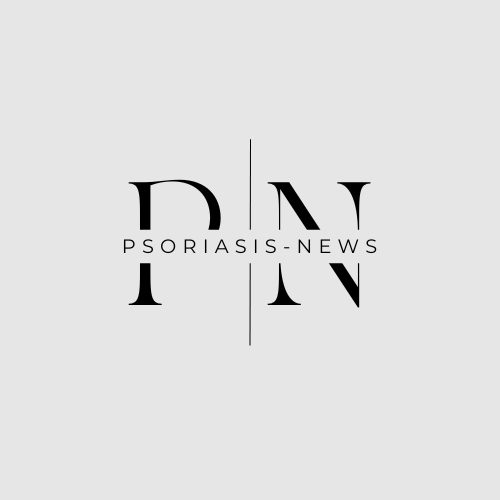Dermatology. 2022 Jun 13:1-11. doi: 10.1159/000524199. Online ahead of print.
ABSTRACT
BACKGROUND: Psoriasis is an immune-mediated protracted ailment that perturbs about 100 million people globally. Anti-interleukin (IL)-23 agents have a distinctive status of safety and clinical efficacy. Anti-IL-23 operatives have demonstrated therapeutic prominences in cases of psoriasis in preceding global research. However, arrays of adverse events have been associated with the anti-IL-23 agents in the remedies of psoriasis. This systematic review aimed to assess the adverse developments of anti-IL-23 operatives for patients with psoriasis determined in phase III trials.
METHODOLOGY: The PRISMA guidelines were wielded for this systematic review. The author systematically searched Google Scholar, PubMed, Scopus, and Cochrane databases to diagnosticate appropriate articles on adverse effects of anti-IL-23 agents in patients with psoriasis including the appropriate key terms (Medical Subject Headings).
RESULTS: A total of 18 studies were encompassed in this cutting-edge systematic review that met the selection criteria. In this review, the most prevailing adverse effect caused by anti-IL-23 agents was nasopharyngitis followed by headache, upper respiratory tract infection, and back pain, which are observed during the treatment with anti-IL-23 agents. The anti-IL-23 operatives, including ustekinumab and guselkumab, were significantly involved in the grade 3 stage of adverse effects for the treatment of psoriasis, whereas the anti-IL-23 agents including briakinumab, tildrakizumab, and risankizumab were significantly involved in the grade 4 stage of adverse effects.
CONCLUSION: Targeted IL-23 therapy has expeditiously upsurged to the forefront as the importance of the IL-23 axis has been progressively identified, setting a new benchmark for psoriasis outcomes. Over the last 3 years, ustekinumab, guselkumab, tildrakizumab, and risankizumab have successively come to the market. However, these drugs caused several immunological and nonimmunological side effects, but they are customarily well-tolerated and have orderly safety vignettes.
PMID:35697004 | DOI:10.1159/000524199

